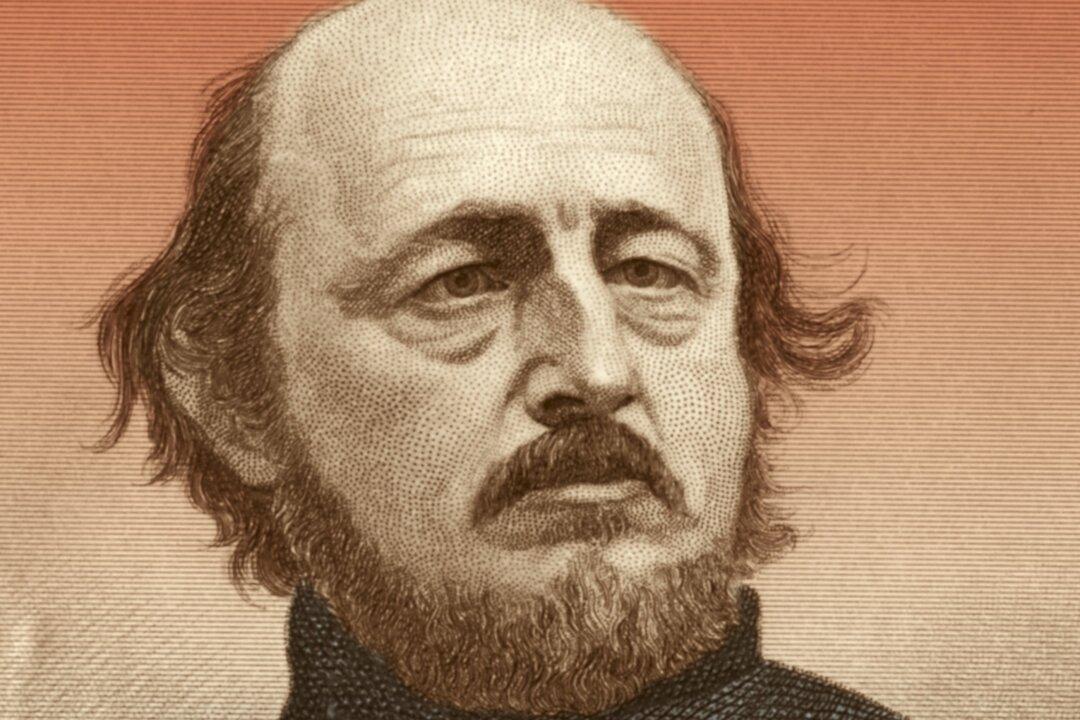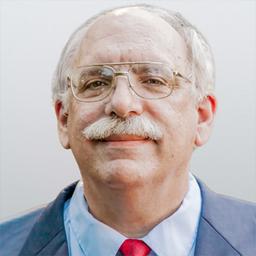Few today remember Benjamin Butler. Those that do generally consider him an incompetent Union general during the American Civil War, or as “Spoons” Butler, enriching himself through stealing silver from Confederate sympathizers while he was military governor of New Orleans.
“Benjamin Franklin Butler: A Noisy, Fearless Life,” by Elizabeth D. Leonard, is a new and sympathetic biography of Butler. It reveals the beauty within “Beast” Butler. It also explains how he obtained his “Beast” Butler reputation.






